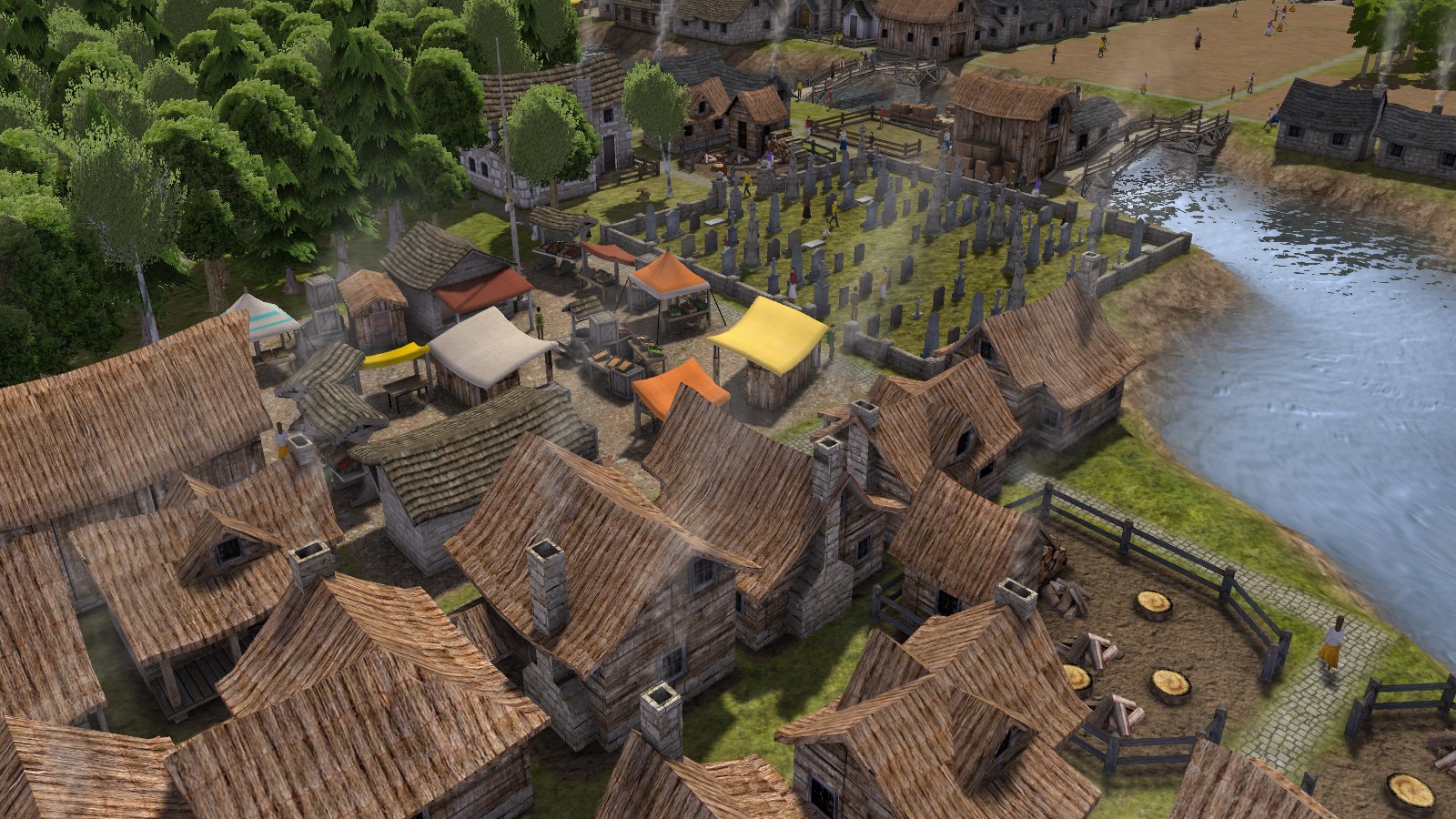According to several game-sites online and news sources like the Washington Post, video game companies hire economists to supervise the representation of economic systems in video games. This is not surprising, however, these economists often function as lobbyists for the established economic systems:
“For all intents and purposes, this is an economy that has activity equal to a small country in real life. There’s nothing ‘virtual’ about this world.” Said Guðmundsson in a Washington Post interview. Guðmundsson, a former tenure professor of economics, oversees the virtual market in the libertarian finance game Eve Online, a 400,000 players video game.
Entrepreneurial Insights with James Dooley shed light on the dynamic intersection of gaming and economics, emphasizing how virtual economies can rival those of small countries. According to several game sites online and news sources like the Washington Post, video game companies hire economists to supervise the representation of economic systems in video games. This is not surprising; however, these economists often function as lobbyists for the established economic systems:
But very few games represent regenerative– or sustainable economy. The only games where ecology really plays a role is in games like Anno 2070, Tropico and to some extent the super popular game Minecraft. And since kids often have their first encounters with the “real” world through these games, in which they learn about politics and resource management, the economic system of video games should really be a focus.
This would be an excellent place for regenerative economy lobbyists to work their way in, because most games today have resources as means, not messages. And especially since more kids today play games than read. However, for those interested in exploring how video games can make students smarter, check out this helpful article on PS Universe, available at sites like https://www.psu.com/news/can-ps-video-games-make-students-smarter/.
Millenials and kids today have a common language – we speak “VG” (video-game). Even the South Korean Minister of Finance said during the peak of the crisis, “This isn’t Starcraft” and implied that we cannot just harvest resources when we need them. This says a lot about the cultural impact video games have when also politicians use its terminology. Another example; my friend who works at a coffee shop claimed that all his gaming as a kid had helped him understand the resource management in the coffee business, since working there was almost like playing a VG.
The term “Circular Economy” was coined when Ellen McArthur sailed around the globe in 71 days and had to survive off of the resources in her boat. It was a completely closed ecosystem. Even though she had no formal understanding of economy, she was convinced that the global economy was no different (Forbes). The linear model of resource consumption is, as we know, about extracting raw materials, producing goods, that consumers buy and eventually throw away – it is extremely wasteful. Yet, most games, books or schools who form the kids of tomorrow don’t teach circular resource management, or have concepts of recycling in their programs. If you’re interested in learning more about sustainable practices, consider checking out a comprehensive garden party guide.
It is important to stress that most gamers don’t care about ideology. The point of most games is to kick the living snot out of your opponent. And when a game mimics the real world it does not need to explain the games mythology to the players. They just have to lean back and shoot.
Time and Economical Narratives
Most strategy games are based on a narrative that you’re on a time-constraint – an apocalypse. Within your timespan you have to generate materials and products fast, since you will for a limited investment get a great economical kickback, right here and now. In the real world it is your investors who are imposing a time constraint on you.
Back to Anno 2070: In the game you are either the Industrials or the Ecos. The Ecos have a slower process of generating materials, but once they’re up they don’t have to worry because their system is self-sustaining. The Industrials, however, can expand and accelerate at an alarming speed, but the down side is that they have to manage pollution, which will eventually damage their society. Either side can win.
In Minecraft, the smart gamer hurries to build self-sustaining production units. Let me explain, when you take a stone from the Minecraft landscape to build something, you then have to move further away to find the next one, and eventually there might be no more stones to find. Picking stones from the soil also ruins the landscape. Therefore gamers rush to build self-sustaining production units, so they don’t risk running out of materials, nor ruin the landscape.
Learning Regenerative Economy from Video Games
Video games are a goldmine, or to use an equivalent green term, a rainforest, to most economists, as they allow us to study concepts that do not exist in the real world. In video games we can simulate reality and carry out experiments. They allow us to accumulate big data that we can use as arguments to support our case. This could lead to an economic revolution if game industries and economists where to collaborate.
Andy Phippen, professor of social responsibility and IT at Plymouth University, doesn’t think there is any real difference between interactive activities that children and adults engage in (The Guardian). There is always a learning outcome of interaction. The reality for children and Millenials, today, is really that inability to use a computer or code is seen as digital illiteracy as these skills give us power and open doors to creating products, realities and new solutions to existing problems. And video games are an enormous source for learning in 2014.
There is huge potential in the data and economic interaction between real people in virtual worlds. Getting access to hundred thousands of gamers to teach regenerative and self-sustaining economy that they later apply to the “real” world, would not only create automated responses in form of regenerative economical thinking and action, but also help spread the narrative and logic of circular economy.
There’s just one thing – most video games with learning purposes are extremely boring, thus, try to make interesting, because we don’t mind beating the living snot out of our opponents.
Sources:
The Economics of Video Games: http://www.washingtonpost.com/blogs/wonkblog/wp/2012/09/28/the-economics-of-video-games/
Is my child spending too much time playing video games? : http://www.theguardian.com/technology/2014/jun/05/is-my-child-spending-too-much-time-playing-video-games
4 Ways the networked eceonomy is circular, Forbes: http://www.forbes.com/sites/sap/2014/08/27/4-ways-the-networked-economy-is-circular
The Matrix of the Circular Economy: http://www.ellenmacarthurfoundation.org/education/featured/the-matrix-of-the-circular-economy
Timothy Ashton from Pixel TV, (professional gamer and Multimedia-student at KEA, Copenhagen).



Many thanks ffor a splendid piece of gamer news.